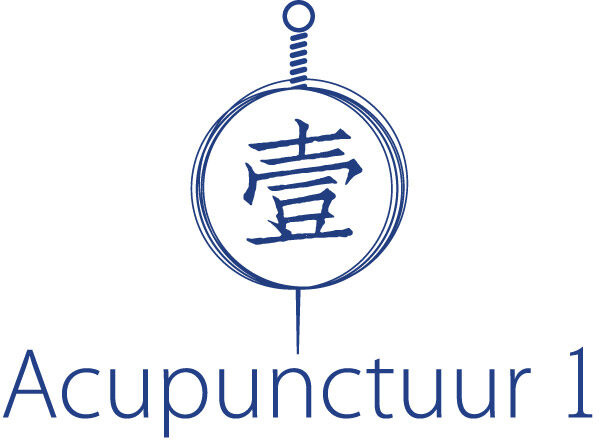Insomnia
Insomnia is a form of sleep disorder in which a person has trouble falling or sleeping. Symptoms are also often waking up at night and having trouble falling back to sleep. This leads to fatigue, low energy, reduced mental alertness and daytime concentration.
TCM point of view, insomnia is a manifestation of a shen (mind) disorder that troubles various internal disharmonies and thus causes sleep problems. During the consultation, doctors will ask questions about the sleeping pattern and the degree of fatigue during the day; in addition, a person’s lifestyle and regular emotional and physical condition must be taken into account. Typically, individuals will undergo special investigation techniques for assessment, and based on the clinical information collected, a subtle pattern of disharmony will be diagnosed and a specific treatment plan drawn up.
According to TCM experience, difficulty falling asleep means that the body has collected heat or burned pathogens; restless sleep means that the body has both the accumulation of pathogens and certain aspects of a deficiency; easy waking from sleep and difficulty falling back to sleep are simply a deficiency commonly seen in a weakened spleen and heart. When associated with signs such as abdominal distention, upset stomach, belching and loss of appetite, insomnia is usually due to spleen and stomach disorders. Heart disease can also occur with symptoms such as sleep disturbances, dizziness, headaches and forgetfulness; frequent anxious awakening, embarrassment, irritability and sighing are accompanied by disorders of the liver and gallbladder.
Since TCM considers insomnia to be one of the signs of an internal disharmony, herbs or acupuncture are always aimed at resuming the harmonious function of the diseased organs, ensuring the normal supply of the basic substances to rebalance the body . These methods together provide a general regulatory effect on the overactive body system, cause it to settle down and prepare for sleep. In general, insomnia has a good prognosis for most people. If no underlying cause is found for the insomnia, the more acute and severe the sleep problem, the easier it is to treat because there are no extensive pathological changes. However, if insomnia becomes chronic, treatment can last longer.
